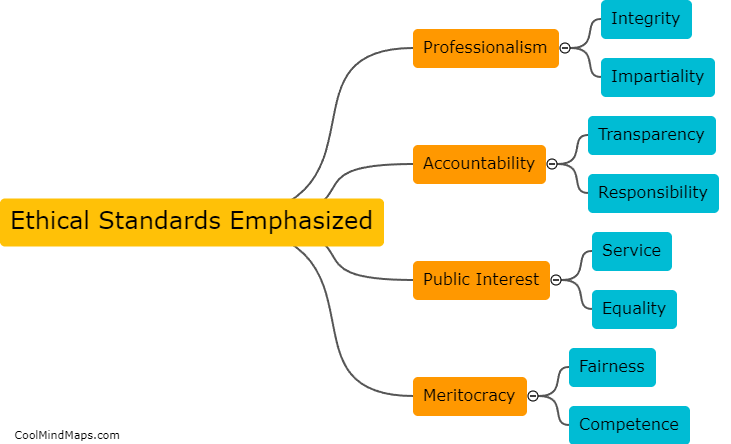How does the Civil Service Act 2049 promote accountability?
The Civil Service Act 2049, introduced in Nepal, aims to promote accountability within the civil service. Firstly, the act establishes clear guidelines and procedures for the recruitment and selection process of civil servants. This ensures that qualified and competent individuals are appointed based on merit rather than personal connections or influence, reducing the likelihood of corruption and nepotism. Additionally, the act outlines a Code of Conduct for civil servants, defining their roles, responsibilities, and ethical standards. This helps in preventing misconduct and sets a benchmark for performance evaluation and disciplinary actions. The act also strengthens the mechanisms for monitoring and evaluation of civil service organizations, offering a framework for performance assessments and regular audits. By enhancing transparency, meritocracy, and evaluation mechanisms, the Civil Service Act 2049 promotes accountability and helps in establishing a professional, efficient, and accountable civil service system in Nepal.

This mind map was published on 26 November 2023 and has been viewed 42 times.











